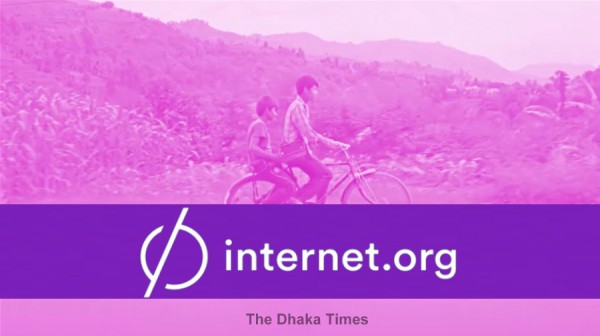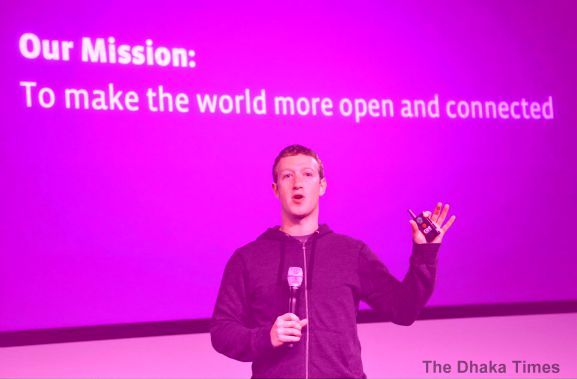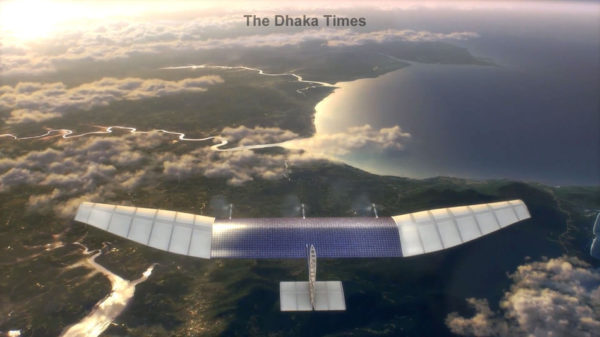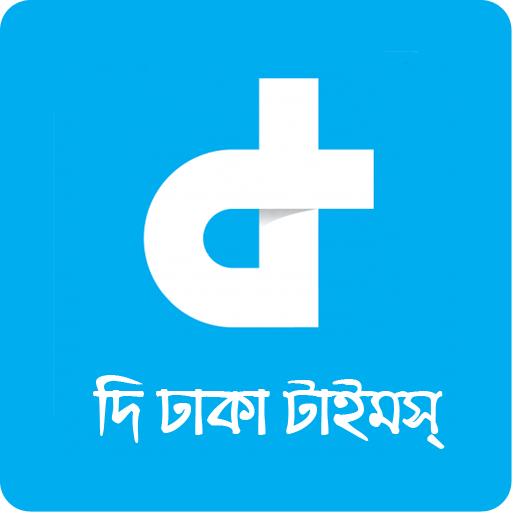The Dhaka Times Desk In early 2013, Facebook sent a group of Android engineers to Nigeria to see how the Facebook app worked on their local wireless network. They found that the Facebook app was not equally effective on all country networks.

The developer group landed in Nigeria and purchased some Android smartphones and local SIMs. Then when they download and use the Facebook app, they find that it is not working properly. It could not provide good service due to weak local network signal. After the developers came back they started developing this app to make this app work equally effectively in all countries.
The trip spurred Facebook to think in a new way. As the world's demand grows, developers are creating apps. These apps are spreading from one end of the world to the other but there are many countries where there are no networks to run these apps. Something new should be thought of for apps to work on poor networks in line with data plans. Facebook has about 1 billion monthly active mobile users. But the company still builds apps to capture the emerging app market. Facebook conducts test trips to the Philippines and many countries in Latin America, like this trip to Nigeria.

From these experimental trips, Facebook is coming up with new decisions every time to provide more benefits to their users. Each of these trips has yielded some results through which Facebook is finding their weaknesses. Facebook works in partnership with Internet.org, an Ericsson company. This summer they launched the Internet.org Innovation Lab in Manelo Park, California, USA. They are working together to develop mobile networks in 20 countries around the world.

The lab is essentially a separate part of Facebook's main facility surrounded by an electromagnetic shield. This electromagnetic shield is designed to bypass external networks and use Facebook's own network, which is how the network works in developing countries. The lab was demoed last Wednesday at Facebook's F8 developer conference in San Francisco. The app was first piloted outside of the US in India, creating programs that can simulate how the phone's network works. Many app developers like Facebook are surprised that their apps do not work well in many countries outside the US, especially in Asia and Africa.
Ericsson head Joe Broccoli said, "It's really sad that so many people don't know about this issue." I wouldn't say now is the time to prepare. Rather, I'd say it's time to rethink the app you've created. Because the app you created is calculating the global market but with the calculation of all these weak network countries. The Internet service that Facebook is thinking of offering through the purchase of drones is also a project of the Innovation Lab.

Last summer, Ericsson and Facebook jointly created the lab. In addition, they created an organization named Internet.org for other app developers to get the facilities of this lab. Any app developer can sign up here to know how their app works on different networks.
Reference: Mashable


